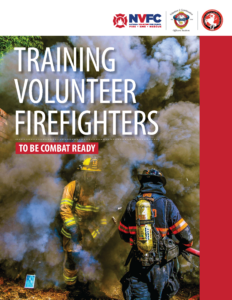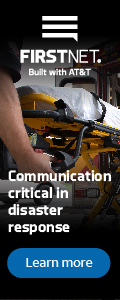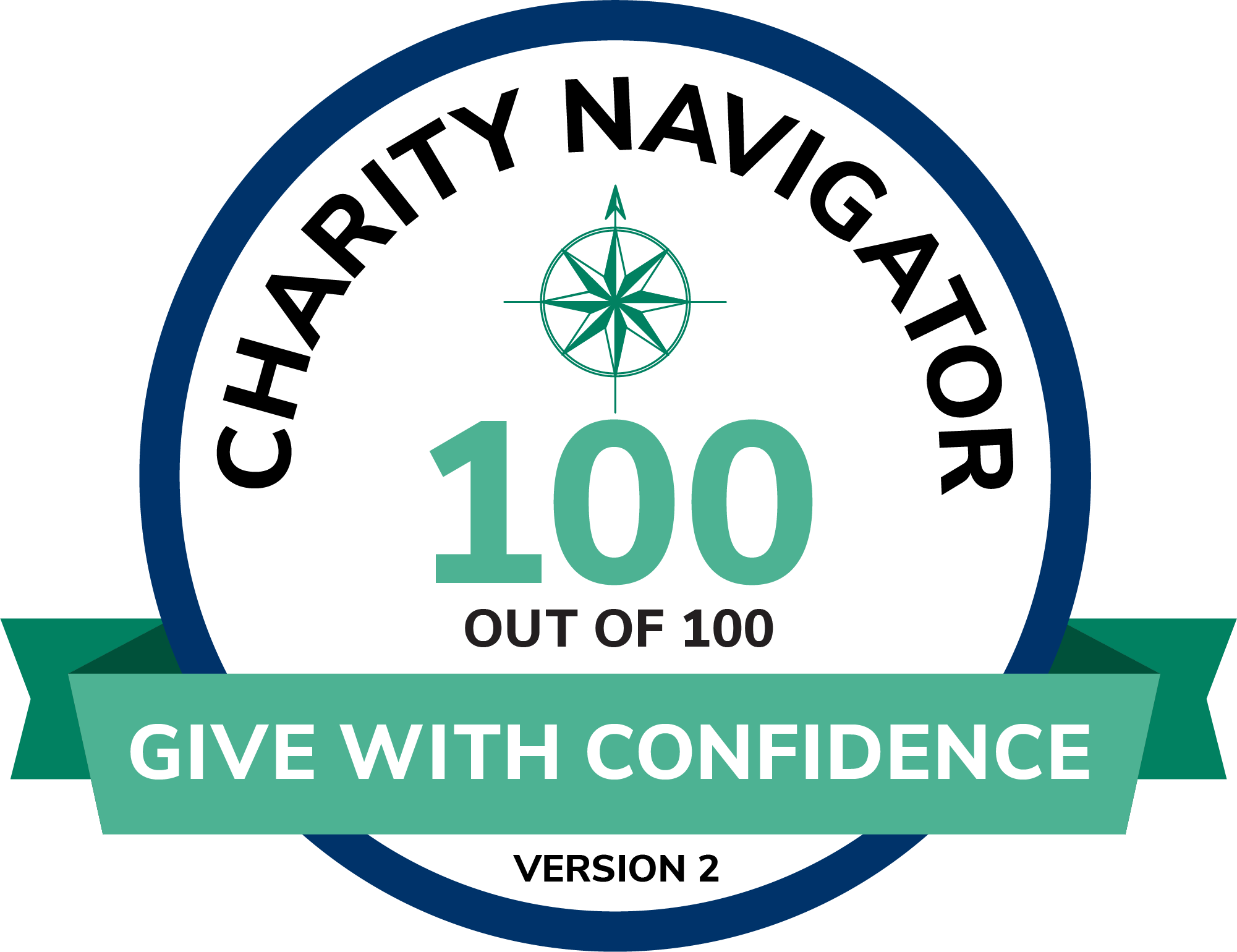NVFC, VCOS, ISFSI Release Operational Training Guide for Fire Departments
November 15, 2022
The National Volunteer Fire Council (NVFC), International Association of Fire Chiefs’ Volunteer and Combination Officers Section (VCOS), and the International Society of Fire Service Instructors (ISFSI) joined together to release a new operational training guide for firefighters. Training Volunteer Firefighters to Be Combat Ready is designed to help fire departments develop a training program that meets the needs of the community and the individual firefighter with safety and relevancy at the forefront. 
Training can be a constant challenge for volunteer and combination departments. It requires planning, commitment, and time to make sure it is done correctly. Recognizing the need for guidance on this topic, the NVFC released a training white paper in 2012. The new guide is an update and expansion of that initial document, incorporating key considerations and specific best practices to form a blueprint for a successful training program. Authors from the NVFC, VCOS, and ISFSI contributed their expertise and insights to help direct department leaders in creating a strong foundation for fire department operational training.
“So much has changed in the 10 years since the NVFC released the original training white paper,” said Chief Brian McQueen, co-author and NVFC board member. “We needed a new document that reflected the advances and knowledge that today’s firefighters need to know to be operationally ready when the next fire call comes. It is through proper training that firefighters can respond safely, effectively, and appropriately when it matters most.”
“Training is a critical responsibility of all fire departments,” said Chief John M. Buckman III, co-author and member of VCOS. “Departments must ensure that training is relevant as well as interesting and fun so that firefighters will remain active and engaged. Everyone plays a part. We strongly encourage all fire department leaders to use this guide to make sure their operational training program best serves their firefighters and the community.”
The new guide contains 10 sections that cover the following topic areas:
- Training delivery and engagement methods
- Surviving the job
- Why training is important
- Roles of the training officer, instructor, and student
- Planning training
- Training policies and procedures
- Assessing firefighters’ capabilities
- NFPA standards and OSHA regulations
- Developing and implementing training best practices
- First due recommended firefighter performance criteria
In addition to the core subject areas, seven appendices provide additional resources, insights, and sample documents that departments can use when developing or enhancing their training program.
Download Training Volunteer Firefighters to Be Combat Ready.
About the NVFC
The National Volunteer Fire Council (NVFC) is the leading nonprofit membership association representing the interests of the volunteer fire, EMS, and rescue services. The NVFC serves as the voice of the volunteer in the national arena and provides critical advocacy, resources, programs, and education for first responders across the nation. Learn more at www.nvfc.org.
About VCOS
The International Association of Fire Chiefs’ Volunteer and Combination Officers Section (IAFC VCOS) represents the efforts of fire chiefs across the U.S. and Canada addressing the needs of volunteer and combination emergency response agencies. Their efforts are focused on specific areas of organizational management that present challenges to creating and sustaining viable emergency response programs. www.iafc.org/about-iafc/sections/vcos
About ISFSI
The International Society of Fire Service Instructors (ISFSI) has over 60 years of experience elevating the level of instructional excellence by raising the standard of training in the fire service. ISFSI is an active voice on an international level and provides a platform for instructors to excel professionally. ISFSI raises the bar by developing high level thinkers and providing opportunities for fire service professionals well beyond their imagination. http://isfsi.org/



